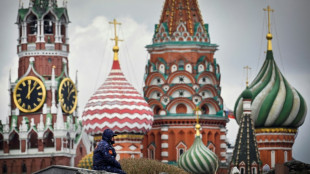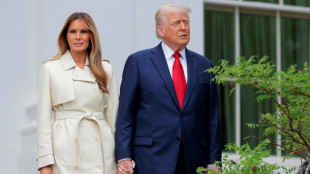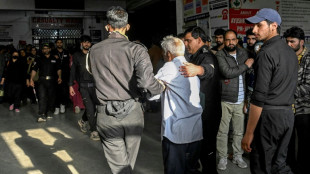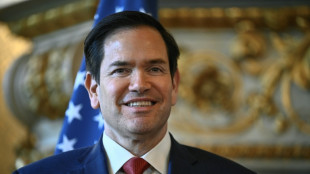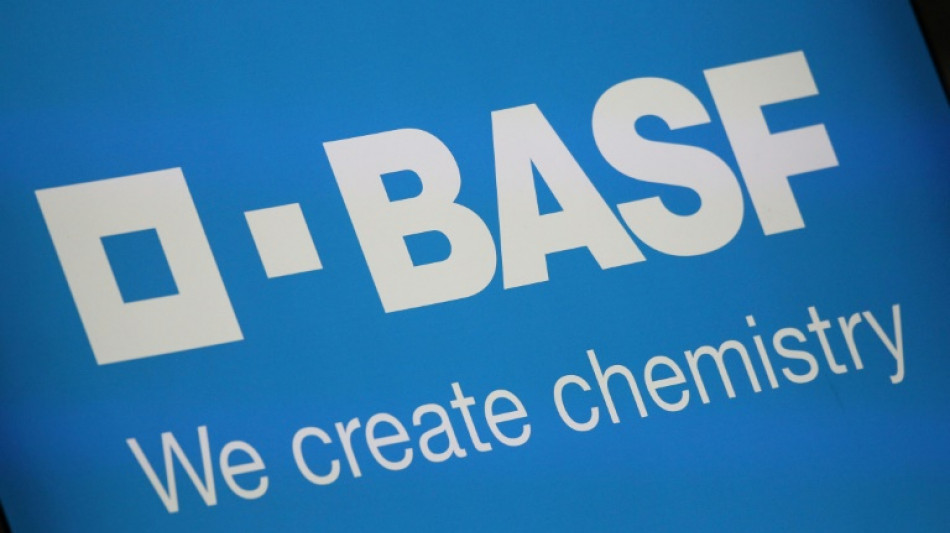

BASF exits Xinjiang ventures after Uyghur abuse reports
German chemicals giant BASF said Tuesday it had exited two joint ventures in China's Xinjiang region after its local partner was alleged to have participated in rights abuses against the local Uyghur minority.
BASF said in a statement it had completed the sale of its shares in Markor Chemical Manufacturing and Markor Meiou Chemical to the Singaporean group Verde Chemical.
The German group gave no financial details of the transaction, which was completed on Monday "following approval by the relevant authorities".
BASF had said in February 2024 it would accelerate its divestment from the joint ventures which manufacture the industrial chemical butanediol.
Plans to sell the shares had already been announced by BASF in 2023 in response to commercial and environmental concerns.
German public broadcaster ZDF and news magazine Der Spiegel had reported that staff of BASF's partner firm Markor were involved in rights abuses against members of the mostly Muslim Uyghur minority.
Employees were alleged to have spied on Uyghur families and filed reports with Chinese authorities.
BASF said at the time it had no indication that employees of the joint ventures were involved in rights violations, only staff of its local partner.
Rights groups have long accused Beijing of a widespread crackdown on minorities in Xinjiang, including through forced labour and detention camps.
Beijing denies allegations of abuse and insists its actions in Xinjiang have helped to combat extremism and enhance development.
Despite the controversy surrounding the Xinjiang plants, BASF has been ramping up its presence in China while production costs in Europe are high.
The German group is in the process of building a new 10-billion-euro ($11.5-billion) chemical complex in the southern province of Guangdong.
K.Cairstiona--NG
